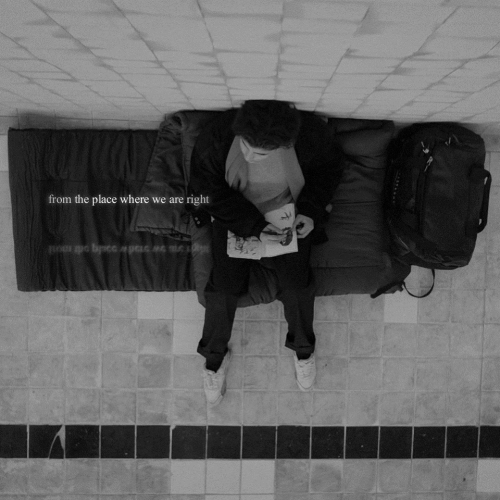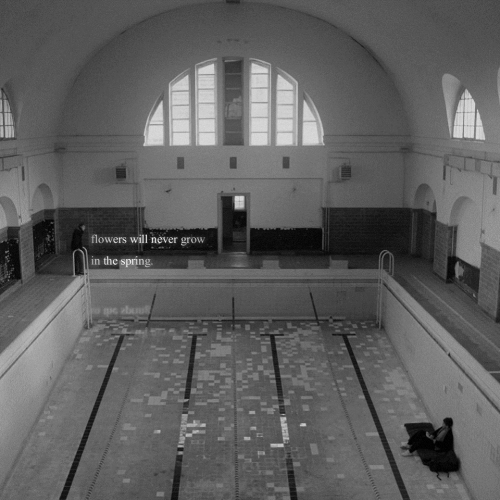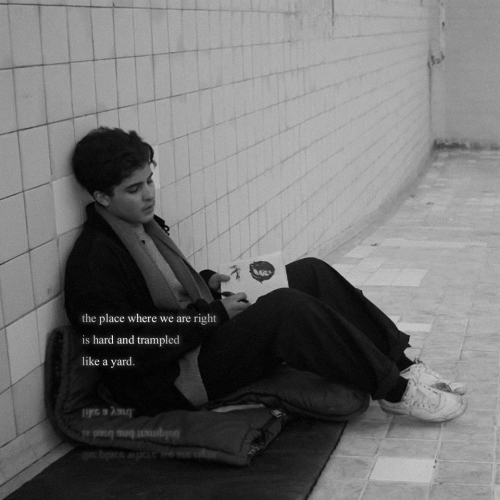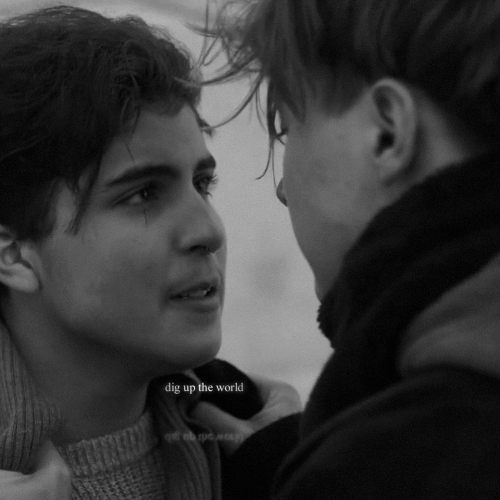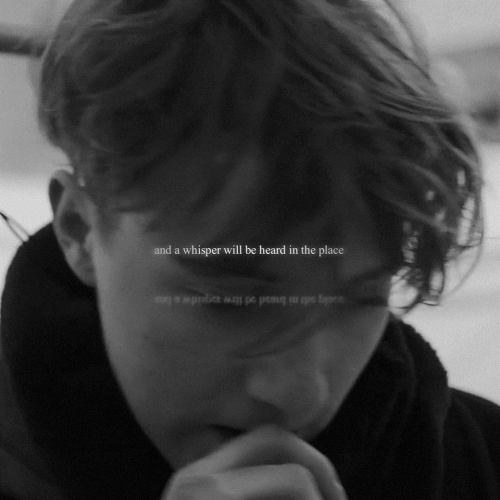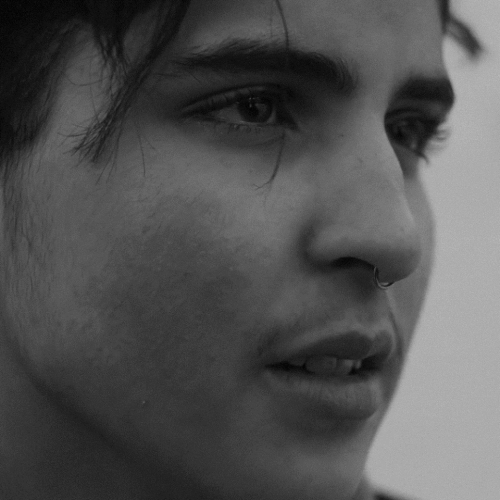#yehuda amichai
“I want to be filled with longing again till dark burn marks show on my skin. I want to be written again in the Book of Life, to be written every single day till the writing hand hurts.”
— Yehuda Amichai, “I Walked Past A House Where I Lived Once” from The Selected Poetry of Yehuda Amichai (trans. Chana Bloch)
“If I forget you, Jerusalem, then let my right be forgotten. Let my right be forgotten, and my left remember. Let my left remember, and your right close and your mouth open near the gate. I shall remember Jerusalem and forget the forest—my love will remember, will open her hair, will close my window, will forget my right, will forget my left. If the west wind does not come I’ll never forgive the walls, or the sea, or myself. Should my right forget my left shall forgive, I shall forget all water, I shall forget my mother. If I forget you, Jerusalem, let my blood be forgotten. I shall touch your forehead, forget my own, my voice change for the second and last time to the most terrible of voices—or silence.”
— Yehuda Amichai, “If I Forget You, Jerusalem” from The Selected Poetry of Yehuda Amichai (trans. Chana Bloch)
“An Arab shepherd is searching for his goat on Mount Zion and on the opposite hill I am searching for my little boy. An Arab shepherd and a Jewish father both in their temporary failure. Our two voices met above the Sultan’s Pool in the valley between us. Neither of us wants the boy or the goat to get caught in the wheels of the “Had Gadya” machine. Afterward we found them among the bushes, and our voices came back inside us laughing and crying. Searching for a goat or for a child has always been the beginning of a new religion in these mountains.”
— Yehuda Amichai, “An Arab Shepherd Is Searching For His Goat On Mount Zion” from The Selected Poetry of Yehuda Amichai (trans. Chana Bloch)
“On my desk there is a stone with the word “Amen” on it, a triangular fragment of stone from a Jewish graveyard destroyed many generations ago. The other fragments, hundreds upon hundreds, were scattered helter-skelter, and a great yearning, a longing without end, fills them all: first name in search of family name, date of death seeks dead man’s birthplace, son’s name wishes to locate name of father, date of birth seeks reunion with soul that wishes to rest in peace. And until they have found one another, they will not find a perfect rest. Only this stone lies calmly on my desk and says “Amen.” But now the fragments are gathered up in loving kindness by a sad good man. He cleanses them of every blemish, photographs them one by one, arranges them on the floor in the great hall, makes each gravestone whole again, one again: fragment to fragment, like the resurrection of the dead, a mosaic, a jigsaw puzzle. Child’s play.”— Yehuda Amichai, “The Amen Stone” from The Selected Poetry of Yehuda Amichai (trans. Chana Bloch)
“On my desk there is a stone with the word “Amen” on it, a triangular fragment of stone from a Jewish graveyard destroyed many generations ago. The other fragments, hundreds upon hundreds, were scattered helter-skelter, and a great yearning, a longing without end, fills them all: first name in search of family name, date of death seeks dead man’s birthplace, son’s name wishes to locate name of father, date of birth seeks reunion with soul that wishes to rest in peace. And until they have found one another, they will not find a perfect rest. Only this stone lies calmly on my desk and says “Amen.” But now the fragments are gathered up in loving kindness by a sad good man. He cleanses them of every blemish, photographs them one by one, arranges them on the floor in the great hall, makes each gravestone whole again, one again: fragment to fragment, like the resurrection of the dead, a mosaic, a jigsaw puzzle. Child’s play.”
— Yehuda Amichai, “The Amen Stone” from The Selected Poetry of Yehuda Amichai (trans. Chana Bloch)
“What are we doing
in this dark land with its
yellow shadows that pierce the eyes?
(Every now and then someone says, even after forty
or fifty years: “The sun is killing me.”)
What are we doing with these souls of mist, with these names,
with our eyes of forests, with our beautiful children,
with our quick blood?
Spilled blood is not the roots of trees
but it’s the closest thing to roots
we have.”
— Yehuda Amichai, “Jews in the Land of Israel” from The Selected Poetry of Yehuda Amichai (trans. Chana Bloch)
“Once I said, Death is God and change is His prophet. Now I have calmed down, and I say: Change is God and death is His prophet.”— Yehuda Amichai, “Jewish Travel: Change is God and Death is His Prophet”


